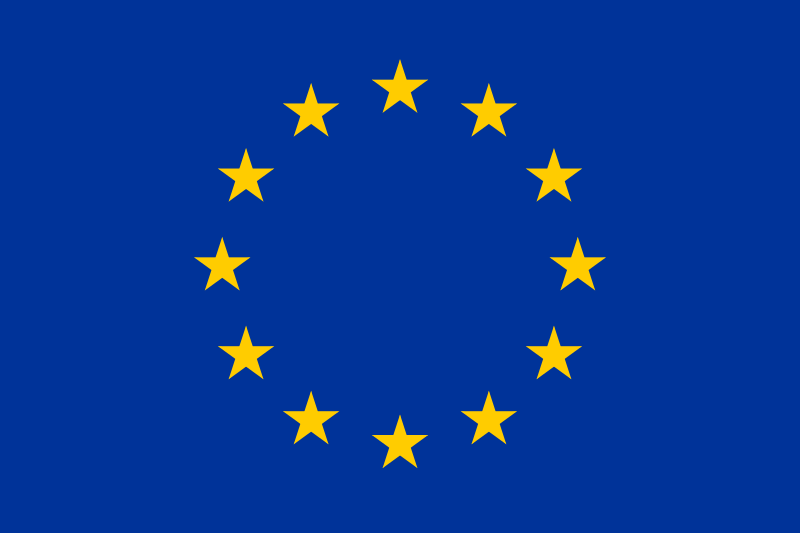On May 7th 2024, the Council of the European Union adopted two legislative proposals aimed at strengthening the role and independence of equality bodies in the EU and set minimum standards for equality bodies, addressing their mandate, tasks, independence, structure, powers, accessibility and resources. One directive, Directive 2022/0401, covers the grounds of racial or ethnic origin, religion or belief, disability, age and sexual orientation in matters of employment and occupation, while the other, Directive 2022/0400 “Proposal for a Directive of the European Parliament and of the Council on standards for equality bodies in the field of equal treatment and equal opportunities between women and men in matters of employment and occupation”, establishes, for the first time ever, the ground of sex characteristics in EU legislation by adding it to the scope of its recitals (recital 23) and articles (article 6).
Dan Christian Ghattas, Executive Director of OII Europe, explains: “The Directive 2022/0400 on equal treatment and equal opportunities between women and men in employment and occupation is a landmark moment for the advancement of intersex equality: With this vote, for the first time ever in a piece of legislation, the EU establishes sex characteristics as a ground of discrimination. By adopting the proposal of the European Parliament, to include the ground of sex characteristics in a recital and in a binding article, the Council has acknowledged the fact that persons experience discrimination on the ground of their sex characteristics and that equality bodies need to ensure that they provide assistance to all victims, including persons with a variation of sex characteristics.”
Article 6 on assistance to victims highlights this in the main body of the directive by stating that “for the purposes of this Directive, ‘victims’ mean all persons, irrespective, for example, of their socio-economic status, political opinion, age, health, nationality, residence status, language, colour, level of literacy, gender, gender identity, gender expression or sex characteristics, who consider that they have experienced discrimination within the meaning of Article 4 of Directive 2006/54/EC or Article 4 of Directive 2010/41/EU”.
The adoption of the directive on the ground of sex by qualified majority in Council, with only two Member States voting against the proposal, showcases growing awareness of the challenges and protection gaps that intersex people face across the EU and the growing political will to address discrimination and violence faced by intersex persons.
“This is a pivotal moment for intersex equality in the EU”, says Magda Rakita, Co-Chair of OII Europe, and continues: “While the ground of sex has been used in some cases to include intersex persons in its scope of protection, more and more countries are establishing sex characteristics as its own ground of protection. This directive will ensure that intersex persons are better protected from discrimination in the future by including them in the scope of the work done by equality bodies at national level.”
Kristian Ranđelović, Co-Chair of OII Europe, adds: “A stand-alone ground allows to capture the experiences of intersex persons more accurately, while increasing awareness of the general public, European policymakers and national authorities as to the discrimination and violence faced by intersex persons. The recognition of sex characteristics in EU legislation will lead more countries to update their anti-discrimination frameworks and can serve as a good practice example in the Council of Europe region.”
“It is, however, problematic”, highlights Dan Christian Ghattas, Executive Director of OII Europe, “that only one out of the two directives explicitly includes the ground of sex characteristics in its scope. The directive covering the grounds of racial or ethnic origin, religion or belief, disability, age and sexual orientation, which required unanimity in Council, does not refer to sex characteristics or intersex victims of discrimination. While this discrepancy between both texts finds its source in the different adoption procedures and voting requirements in Council, provisions including the definition of victims will require harmonisation in future revisions of the directives. Member States should implement the adopted texts in view of providing equal protection to all victims of discrimination.”
“Now that this milestone has been achieved”, concludes Magda Rakita, Co-Chair of OII Europe, “we call on all EU bodies to ensure that the ground of sex characteristics will be included in all future legislative proposals featuring provisions on equality and non-discrimination.”
For the past two years, OII Europe, in collaboration with ILGA-Europe, TGEU, EL*C and IGLYO, has been working to explicitly include sex characteristics, along with gender identity, gender expression as discrimination grounds in the directives.
We would like to thank Equinet, the European Network of Equality Bodies for their fruitful cooperation during this process, as well as of course the rapporteurs and shadow rapporteurs who have tirelessly advocated for the inclusion of sex characteristics along with the grounds of gender identity and gender expression in the two directives.
Links
Council press release: https://www.consilium.europa.eu/en/press/press-releases/2024/05/07/strengthening-the-role-of-equality-bodies-across-the-eu-council-adopts-two-directives/
Text of Directive 2022/0400: https://data.consilium.europa.eu/doc/document/PE-92-2023-INIT/en/pdf
Text of Directive 2022/0401: https://data.consilium.europa.eu/doc/document/ST-10788-2023-REV-1/en/pdf










